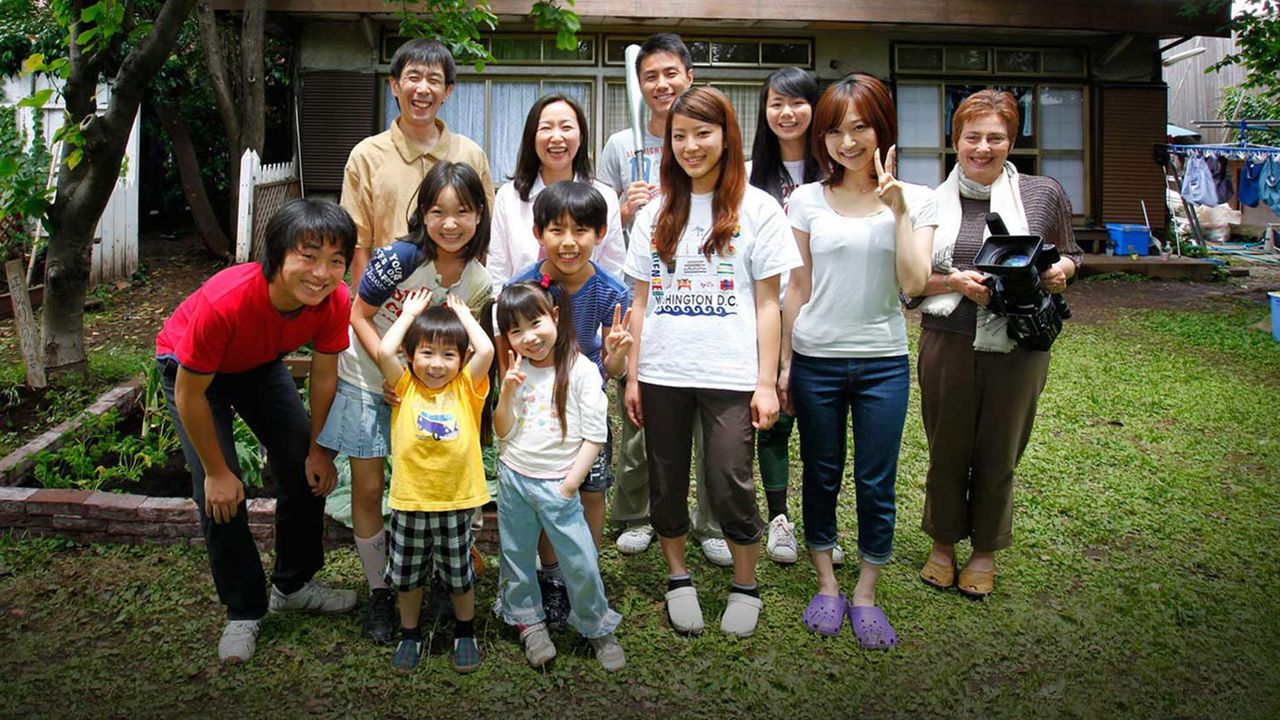In high school, everything feels like the most important thing in the world. No matter the stakes in the greater scheme of things, every fight feels monumental, every breakup an agonizing heartbreak, and social circle navigation feels like life and death. In a way, this is absurd, of course, a natural consequence of a hormone-addled mind grappling with the awkward middle ground of childhood and adulthood, but Brick, the directorial debut of Rian Johnson, uses this idea as a staging ground for a brutally effective neo-noir story of loss and pain that closely walks the line between serious and absurd without ever giving up the game. The melodrama blends beautifully with the noir tone, making the violent escalation of the story feel like a devastating punch to the gut.
For some, the selling point of Brick is it's heavily noir-inspired presentation, owing more to the works of Raymond Chandler and Lynch's Blue Velvet than any traditional high school drama. Protagonist Brendan Frye (Joseph Gordon-Levitt) talks like a 40s gumshoe, fast-witted and bitter, while femme fatales attempt to work their wiles on him, the vice principal functions as a "Da Chief" style figure, and a shadowy criminal conspiracy lurks from the shadows. What makes Brick work so well is the blending of traditional noir storytelling with it's high school setting. The drug ring that makes up the film's antagonists is comprised entirely of high schoolers, and in one deeply amusing scene, kingpin "the Pin" (Lukas Haas) attempts to make a deal with Brendan over milk and cookies served by his mother.
While there is undoubtably a sense of stakes, dealing with Brendan's attempt to solve the murder of his ex-girlfriend, the cast and their manner of speaking gives the film something of a tongue-in-cheek presentation. It's clever, disarming the audiences so when the real violence and drama hits you feel every piece of the impact. These are kids acting as adults, and you're often jarringly reminded of that. Brendan's breakdown after days of both physical and mental abuse in the name of revenge is heartbreaking, and when gang enforcer Tug (Noah Fleiss) suddenly pulls a gun to execute an apparent rat, it's shocking. As soon as the gunshot fades, the characters are left to look at the very real consequences of the action, and you actively feel the film ramp up as any sense of normalcy is destroyed.
Johnson's talents as a director are already blooming here, and he and cinematographer Steven Yedlin frame the rundown suburbia of the film's setting as something strangely beautiful and dreamlike, playing with light and shadow. It plays well to the surreal setting, and some of the film's most effective moments are just the characters framed by their surroundings. Brendan looking down the hallway of the Pin's basement, staring into the shadows in anxious paranoia as the silence exaggerates every creak of the old house, is a wonderfully tense moment, as is a very clever tracking shot showing the immediate escalation of a gang war a floor above Brendan, Tug, and the Pin. His talents as a writer, similarly, are very apparent, as he applies his now trademark subversive eye to the film's story by peeling away at the emotional layers of the characters. Brendan's relationship with Emily is revealed as a deeply toxic one, a controlling person so unable to let go of the only thing that made him feel normal that he ends up practically suffocating her, while a quiet conversation about Tolkien between him and the Pin exposes the formerly intimidating mob boss as a quietly lonely person just looking for some sense of connection. These are kids, trying so hard to figure out their way in the world that they fall headfirst into deadly consequences.
Brick is one of my favorite directorial debuts of all time, resembling it's femme fatale Laura (Nora Zehtetner, so criminally good in this that it's a shame she didn't hit Levitt's level of mainstream success) in that it's a tragedy masquerading as something sillier to trick you into letting your guard down. Immensely creative and an ambitious start to a very strong body of work.


